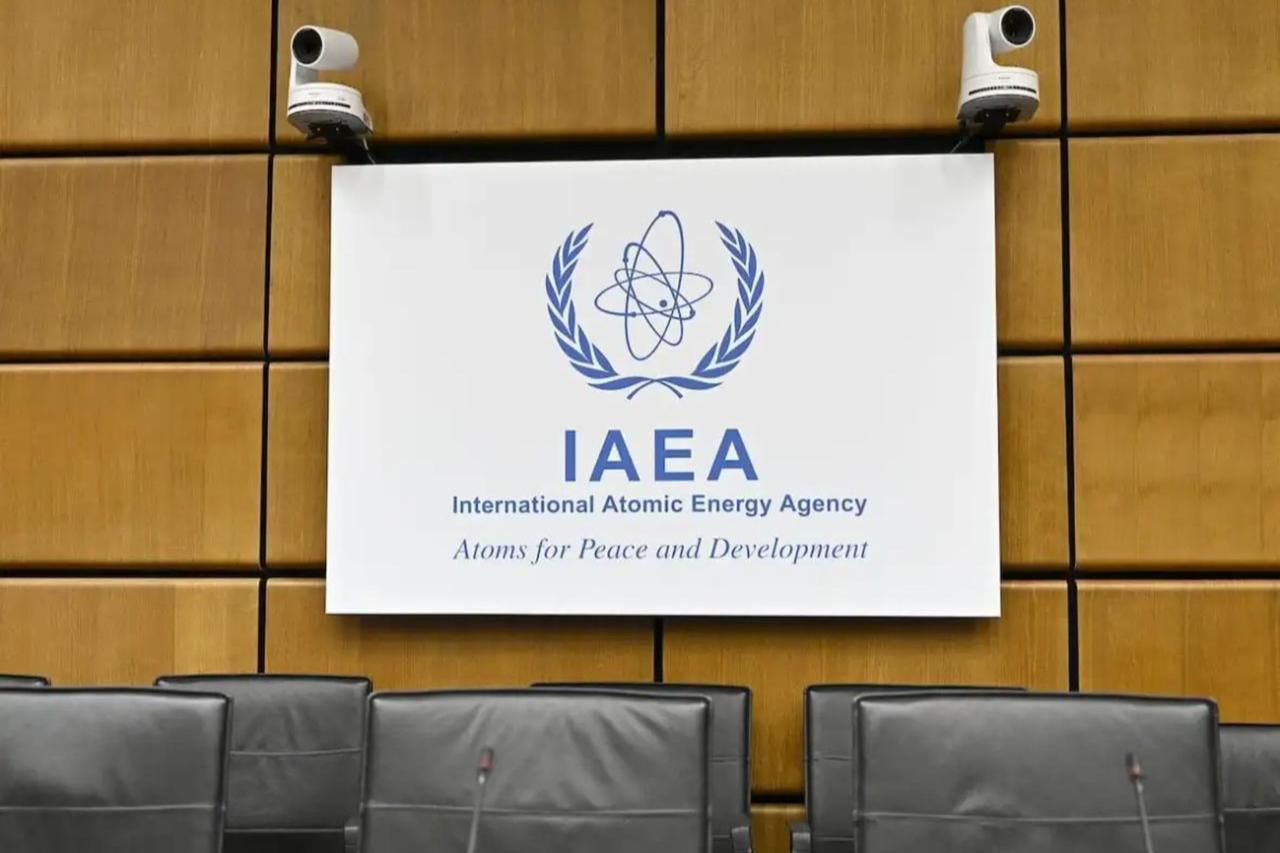
Iranian President Masoud Pezeshkian signed into law a parliamentary bill that mandates the suspension of all cooperation with the International Atomic Energy Agency (IAEA), according to Iranian state television reports.
President Pezeshkian signed the legislation "in response to recent attacks by Israel and the U.S. and the International Atomic Energy Agency's failure to condemn these attacks," according to Iranian state television. The law was passed by Parliament on June 25 and requires the government to suspend all cooperation with the IAEA.
The parliamentary legislation was approved with 221 votes in favor and zero against on June 25. The bill's final articles were also approved with a similar overwhelming majority.
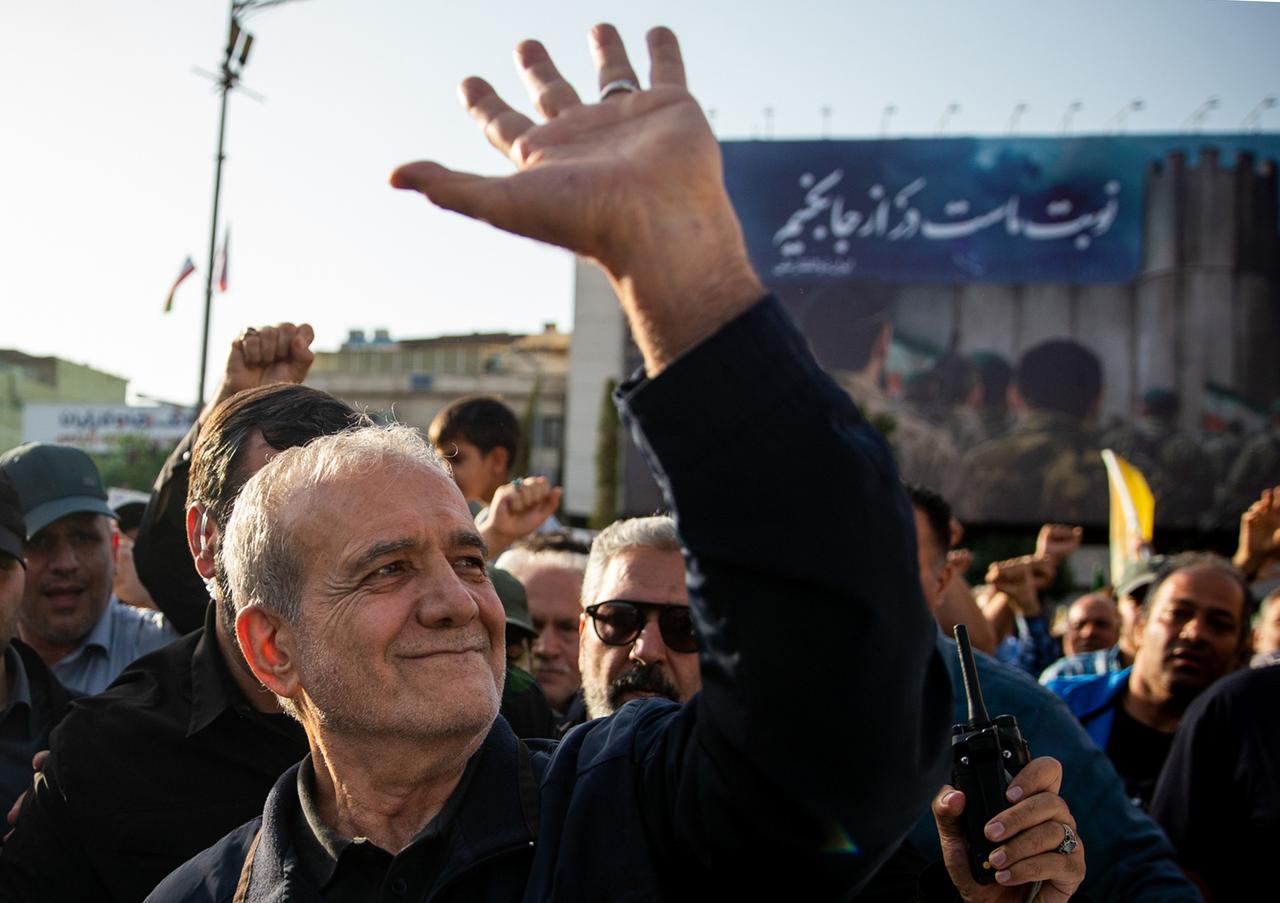
The law compelling the government to suspend cooperation with the IAEA was subsequently approved by the Guardian Council of the Constitution on June 26, which serves as the final decision-making body for parliamentary legislation. This approval left the government with no choice but to implement the law.
Under the new legislation, no IAEA inspectors will be permitted to enter the country, and the submission of any reports to the agency regarding nuclear activities will be completely prohibited.
The law also prevents the government from cooperating with IAEA Director General Rafael Grossi, who has been characterized as a "spy" by senior Iranian officials.
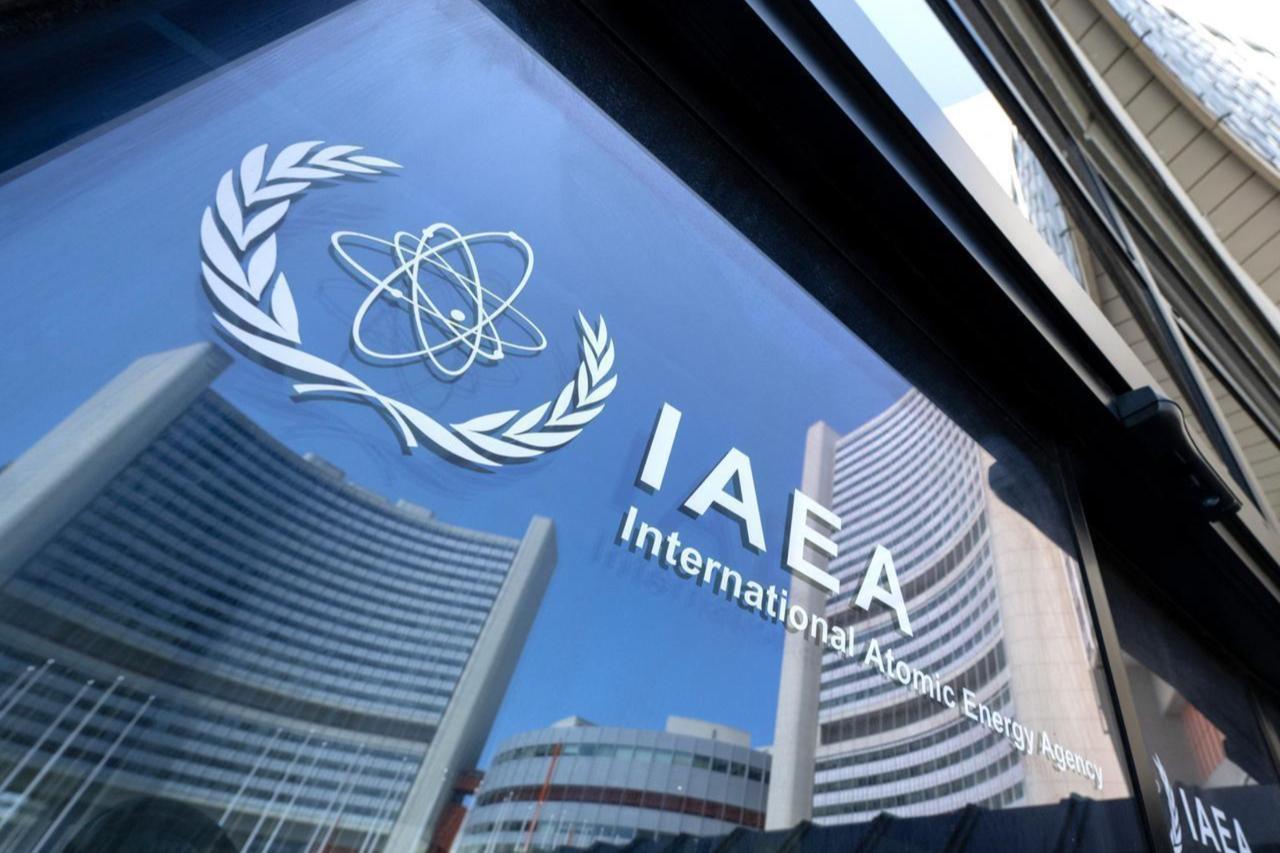
The law will remain in effect until two conditions are met under Article 60 of the 1969 Vienna Convention. The first condition is "Security Guarantee," requiring that Iran's sovereignty, territorial integrity, nuclear facilities, and scientists' security be placed under international guarantee.
The second condition is "Rights Guarantee," mandating full respect for Iran's civil nuclear energy rights under Article 4 of the Nuclear Non-Proliferation Treaty (NPT).
These conditions can only be officially recognized through a report from the Atomic Energy Organization of Iran and approval by the Supreme National Security Council. The government will be obligated to submit reports to Parliament and the Council every three months regarding this process.
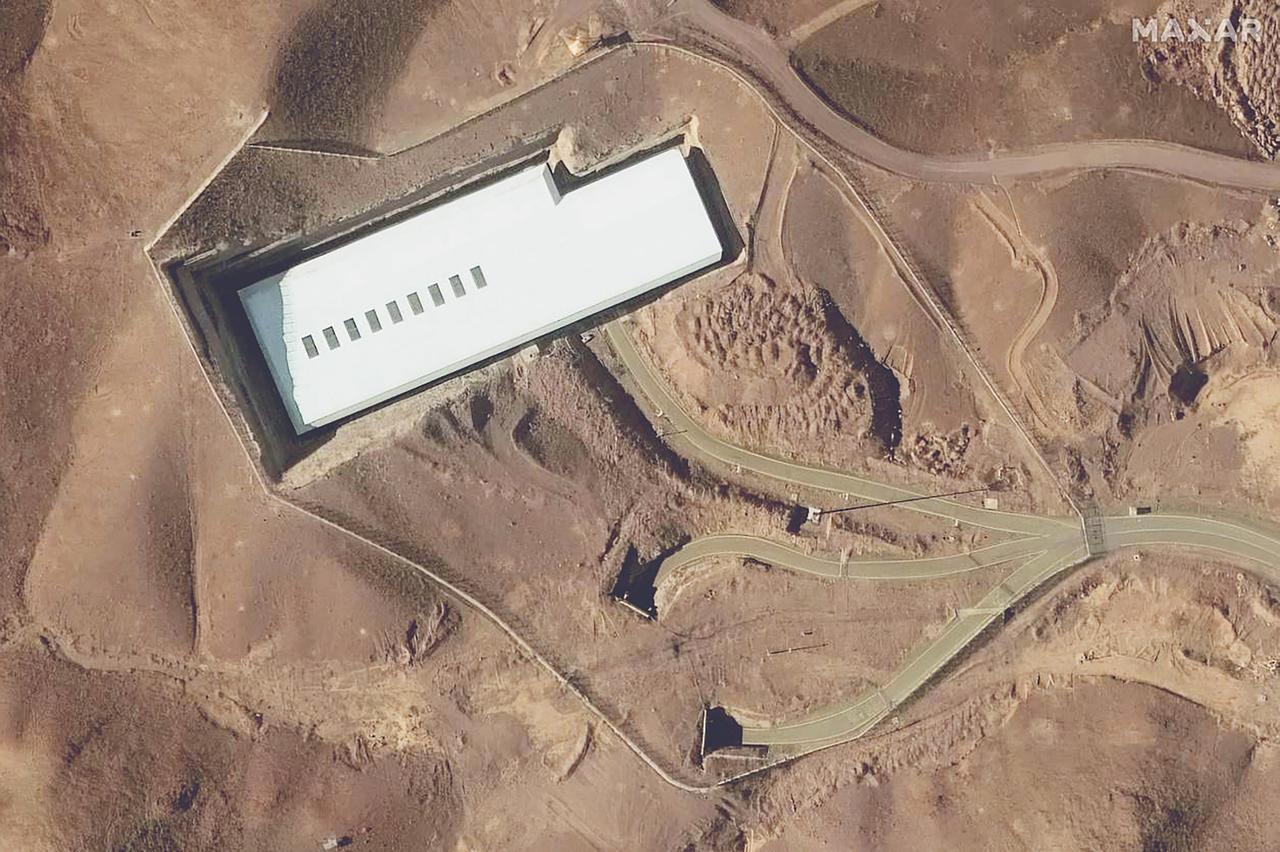
G7 foreign ministers have called on Iran to continue cooperation with the IAEA, stating that the Tehran administration should rejoin "negotiations that will result in a comprehensive, verifiable and permanent agreement" regarding its nuclear program.
In a written statement regarding the G7 foreign ministers' declaration, the U.S. State Department called for Iran to continue cooperation with the IAEA for a sustainable and reliable solution.
The statement emphasized that the Tehran administration must provide verifiable information to the IAEA about all nuclear materials in Iran and grant access to inspectors.
The declaration expressed satisfaction with the cease-fire between Iran and Israel announced by U.S. President Donald Trump, calling on parties not to escalate the conflict. Qatar's "important role" in the cease-fire process was acknowledged with appreciation.
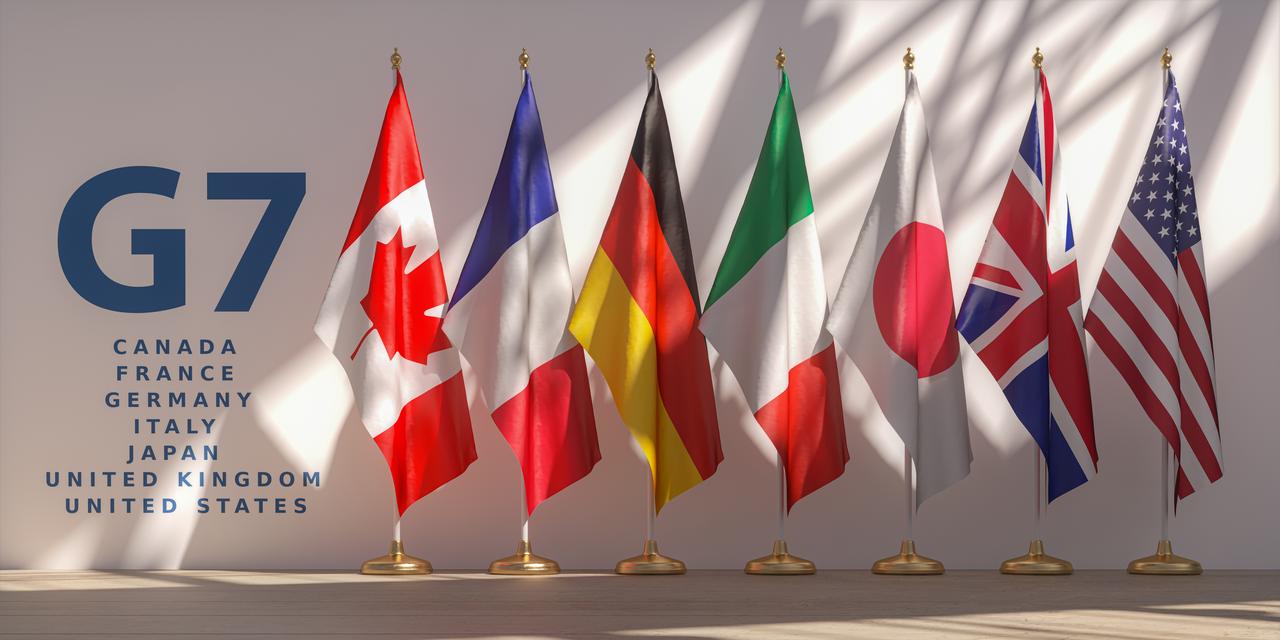
The G7 statement assessed that Iran "can never possess nuclear weapons" and demanded the resumption of "negotiations that will result in a comprehensive, verifiable and permanent agreement" addressing Iran's nuclear program.
The declaration noted that Iran must continue to be a party to the NPT, stating: "We reiterate our commitment to peace and stability in the Middle East."
The statement also declared: "We reiterate our support for Israel's security."
The Iranian law mandates government compliance with the suspension of IAEA cooperation immediately upon enactment. Government officials must provide quarterly reports to both Parliament and the Supreme National Security Council detailing progress on the conditions required for the law's eventual suspension.